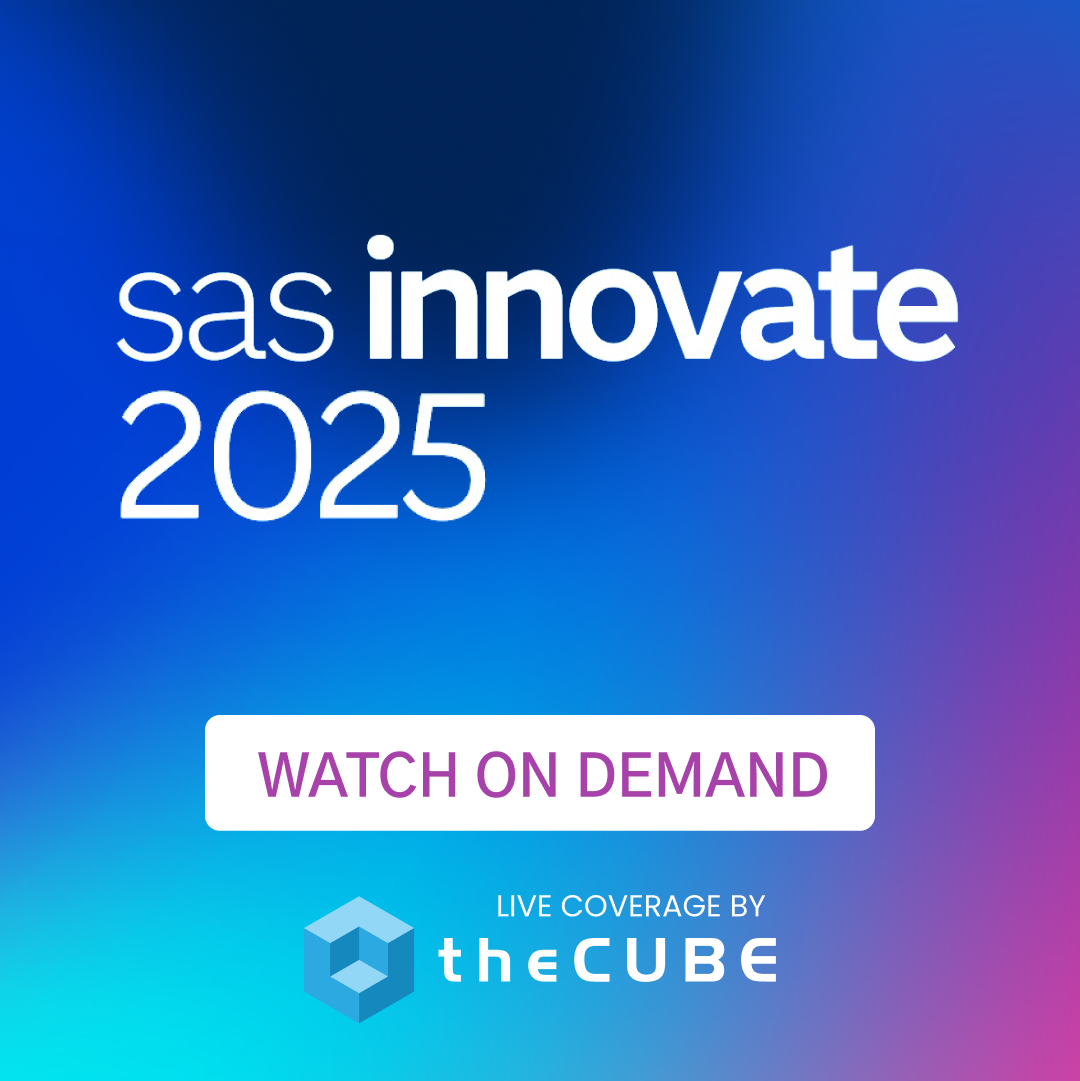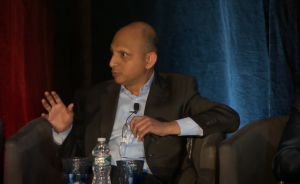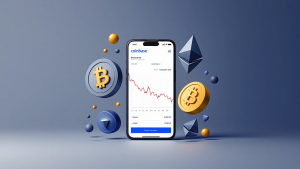Sly Inaugural App is After Your Data – Breaking Analysis
On Monday, the Presidential Inaugural Committee released a free mobile app for attendees of President Barack Obama’s inauguration, which will be held on January 21. The app provides a schedule of events, maps, volunteer opportunities, a feed for social networking, behind the scenes videos and photos and a live stream available Monday for those watching from home. But it’s the app’s fine print that’s gaining a lot of negative attention right now. Wikibon Analyst Jeff Kelly shared the details of the app’s terms of service and privacy policy. He said, “If you read the fine print, the terms of service read that the Presidential Inaugural Committee . . . reserves the right to share any user information with political parties, campaigns, and other third party sources.” Many users who have already downloaded the app did not read the terms of service and were unaware of this.
Kelly observed how big data’s role in political campaigns has evolved from the 2008 election where they used social media to organize their base to the 2012 election where it developed into a full-fledged big data operation. He said, “So what we’re seeing here is an extension of that . . . they can use this data for fundraising, to identify the most active people potentially in different parts of the country. Those people might be, for instance, to start up a couple of action committees.”
Kelly explained that data has always been an inherent part of politics, from polling potential voters to find out their political party affiliation to discovering their voting history. In this age of big data, it takes that kind of analytical activity to a whole new level. Kelly suggested that, “The idea is to microtarget to get down to almost the individual level, if possible.”
The big implication this app is bringing to light is, of course, around privacy. Kelly stated, “I think we need, as a society, to have a larger conversation about what are the acceptable boundaries that we as a society are willing to accept in terms of trading . . . free access to interesting, cool applications . . . but really, we’re paying with our own personal data.” Kelly believes that data mining is where the future of both politics and apps lie. While users need to take steps to understand the fine print in such privacy policies, he also thinks the fine print should be made easier to read as well. See the entire segment with Kristin Feledy and Jeff Kelly on the Morning NewsDesk Show.
A message from John Furrier, co-founder of SiliconANGLE:
Your vote of support is important to us and it helps us keep the content FREE.
One click below supports our mission to provide free, deep, and relevant content.
Join our community on YouTube
Join the community that includes more than 15,000 #CubeAlumni experts, including Amazon.com CEO Andy Jassy, Dell Technologies founder and CEO Michael Dell, Intel CEO Pat Gelsinger, and many more luminaries and experts.
THANK YOU



















